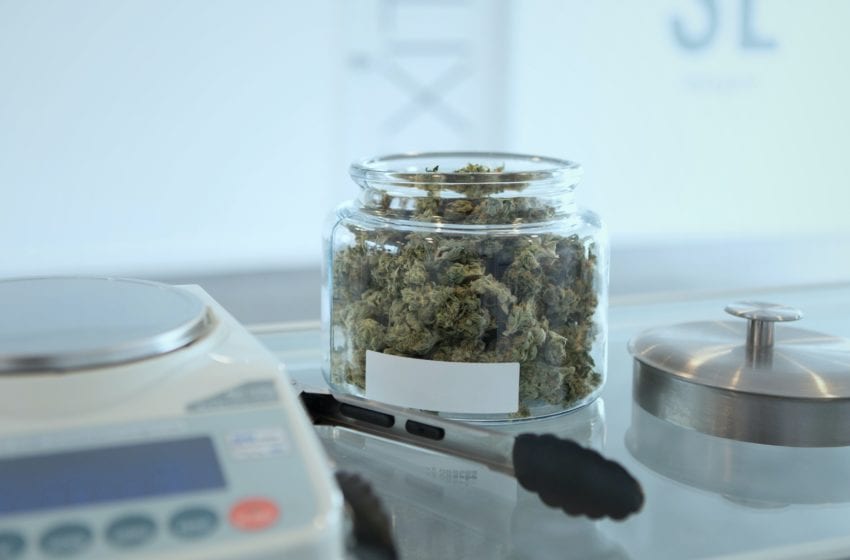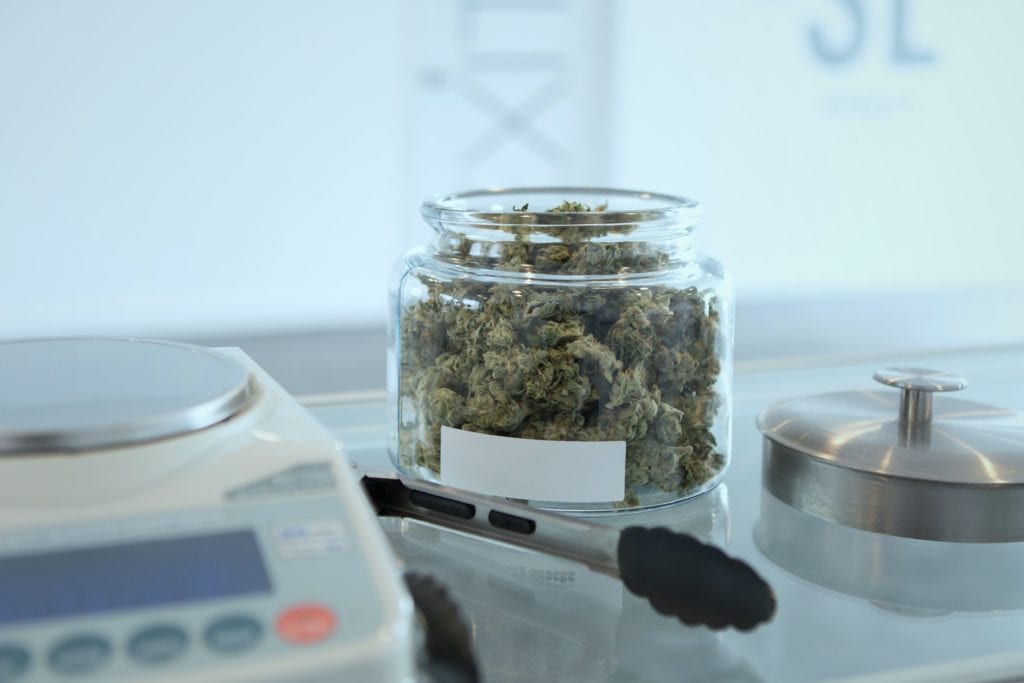Massachusetts Releases Quarantined Cannabis Vapes
- EVALI Marijuana News This Week
- August 4, 2020
- 3 minutes read

Credit: Add Weed

Last September, Massachusetts became the first state to ban sales of all vaping products, for both tobacco and cannabis, in response to a mysterious vaping-related lung illness known as e-cigarette or vaping product use-associated lung injury (EVALI). In November, the state’s Cannabis Control Commission ordered a quarantine on all cannabis vaping products, except for products for flower used by medical cannabis patients.
That quarantine is being lifted, releasing more than 600,000 vaping products manufactured before December 12, 2019, which is when the Commission allowed for new cannabis vaping products to be sold, according to ap press release. The Commission announced Monday that “licensees may retest and release—or destroy—certain products with enhanced warning labels,” under certain conditions.
“Since the Commonwealth declared a vaping public health emergency last fall, the Commission has dedicated significant energy and resources to investigating the additives, hardware, and storage practices that licensees use to produce and sell cannabis vaporizer products,” Shawn Collins, the executive director of the Commission, said in the announcement. “Fortunately, repeat tests of licensed product samples did not return any detectable levels of [vitamin E acetate]; unfortunately, they did establish that heavy metal contamination may increase in vaping products over time.”
Vitamin E acetate became the primary culprit in the investigations into the vaping-related illnesses by the Centers for Disease Control and Prevention.
Cannabis licensees have three options when it comes to their vaping products: dispose; retest and release; or reclaim, meaning, “repurposed into other products,” which would also require retesting. Re-released products must have a label indicating that they “passed retesting for heavy metals and Vitamin E Acetate,” and that they, or their contents, were “previously quarantined.”
